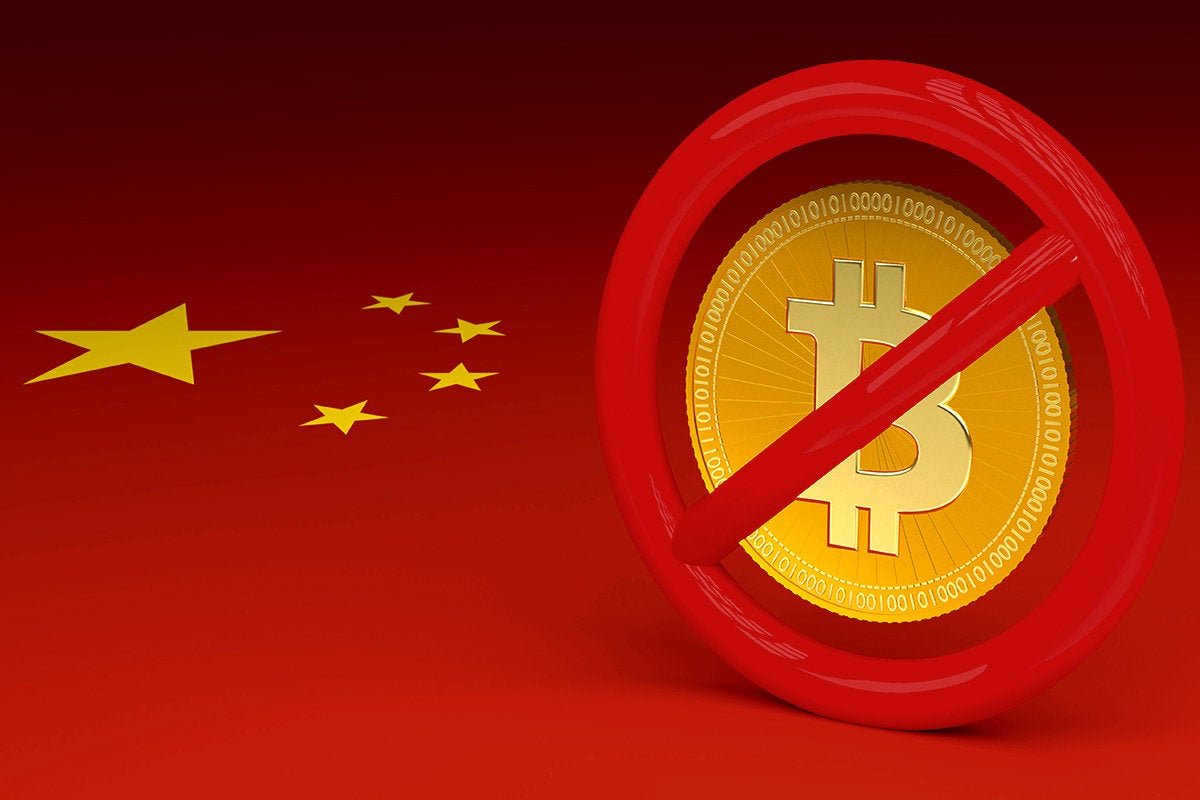China once again cracks down on cryptocurrencies, news outlets
The Chinese government has banned more than a half dozen online media outlets after they published information on cryptocurrencies, and a regional government authority clamped down on all venues hosting crypto events.

In an ongoing campaign to tamp down the growth of once-flourishing cryptocurrencies it sees as a threat, the Chinese government has ordered more than a half dozen online news outlets to shut down and banned physical venues from hosting crypto-related events.
On Tuesday, eight blockchain and cryptocurrency-focused media outlets were banned on WeChat, China's most influential instant communication and mobile payment app, for allegedly violating new government regulations forbidding the publishing of information related to initial coin offerings (ICOs) or cryptocurrency trading speculation.
Last week, Beijing's central Chaoyang district authority also banned hotels, office buildings and shopping malls from hosting events promoting cryptocurrencies, according to a document leaked online this week, and confirmed by the South China Morning Post with the local authority.
In the same way that Facebook has been blocking ICO advertising, China is blocking the news accounts of cryptocurrencies and token sites, seeking to starve them of publicity, according to Windsor Holden, head of Forecasting & Consultancy at U.K.-based Juniper Research.
"The underlying rationale is that, as many ICOs/cryptocurrencies are believed to be either inherently fraudulent or used for illegal purposes (e.g., money laundering), reducing awareness of them will reduce consumer exposure to fraud and thereby reduce the overall scale of associated criminal activity," Holden said via email.
At the same time that it's restricting cryptocurrencies, such as bitcoin, China is not attempting to ban blockchain, the foundational electronic ledger technology behind digital currency; in fact, Chinese authorities see blockchain as having great potential for creating business efficiencies. In 2017, China filed more than twice as many blockchain patents as the U.S., the second-ranked country. Seven of the top 10 companies worldwide filing blockchain patents were Chinese, according Holden.
"Cryptocurrency is another matter entirely, and the actions by the Chinese government reflect two separate concerns. The first is currency flight, which was of such concern to the Chinese government that the Chinese Central Bank first inspected and then tightened regulation of the country's Bitcoin exchanges to reduce capital outflows, before all such exchanges were banned in September 2017," Holden said. "At the same time, the government also banned domestic trading via sites outside mainland China, such as the Hong Kong-based Bitfinex."

Comments
Post a Comment